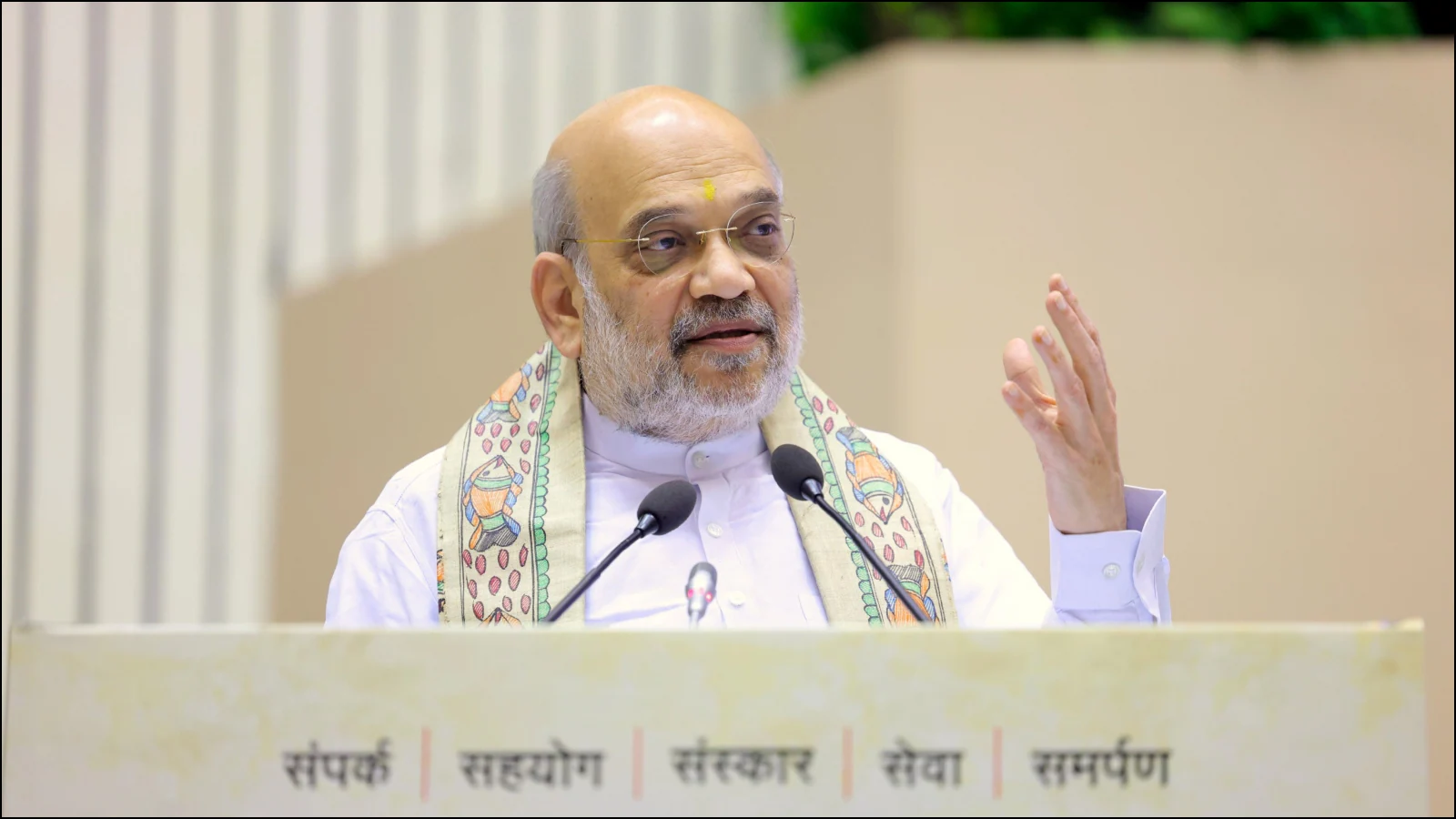By Martin W H Wong
Copyright scmp

Life is uncomplicated when you go it alone – you pick a place to eat, choose what you fancy on the dinner menu and on the wine list, enjoy them in the company of the person you have known, trusted and loved for your whole life, and pay the bill.
Turns out, the law is also uncomplicated – there is simply an implied contract between you and the restaurant, formed with your promise to pay for what you ordered at the menu price and served to you. If you don’t pay, the restaurant can sue you under the contract and the police will charge you with making off without payment under section 18C of the Theft Ordinance.
One day, you start craving a partner in life, and you start searching, screening (aka swiping), and at one magical moment you secure a dinner date. Ladies and gentlemen, welcome to complications, in life and in law.
You pick a place to eat, acutely aware of the impression you give in the choice; you choose not the food and drinks you fancy but what you think will make you fanciable; you enjoy them in the company of the person you meet for the first time in the flesh (if you are both lucky, they may resemble the person you saw online in a flash).
Then the bill comes, and assuming neither of you has conveniently disappeared into the washroom, who pays? Has the wine, or champagne for that matter, given you Dutch courage to ask your date to go Dutch?
“What does the law say?” Well, be prepared, you may have to stay in the washroom suspiciously and worryingly longer trying to figure it out.
The third wheel, i.e. the restaurant, is easily satisfied – both of you are customers so both of you have in effect made the implied promise to pay for the food and wine, so as long as one of you pays, the restaurant couldn’t care less.
There is a “joint and several” obligation between the two of you to pay, meaning the restaurant has the right to ask either of you to pay the full bill.
If you both vanish without paying, then you will both be charged with making off without payment, carried out as a “joint enterprise”, becoming partners in crime before becoming partners in life.
Now, between the two of you, if you are not going Dutch or being (fill in as appropriate) and voluntarily pay the entire bill (for personal safety and comment section sanctity, I will let you choose whatever culture you think fits this bill), what can the person who footed the bill do to the person who fled the scene?
Is there a crime? Hopefully there is no crime of making off without payment, because that would mean you consider yourself selling “goods” or “services” under section 18C of the Theft Ordinance on the dinner date.
What about obtaining property by deception under section 17 of the same law? Well, as most lawyers would say, it depends – it depends on whether the person who fled lied to the other about paying the bill or some part of it.
If the deception relates to lying to you about their job/profession/wealth, then you will have to be induced by this lie to pay willingly for the dinner for this to be obtaining property (the food and drinks) by deception in law. In life it is a simpler crime – vanity.
Is there a civil claim? Chances are there was no contract because you simply had not discussed it, and nobody made a promise to pay for the other or share the bill in a specific way.
But wait, from cases dating back to the 1800s, a type of claim has developed called contribution for someone jointly and severally liable with others and has paid for such others. In the context of a dinner date, that means the person left to pay the whole bill to the restaurant can sue the person who fled for their share.
For this claim, the court starts with the default rule that each person is equally liable, but will also adjust the sharing proportions if appropriate, e.g. if one person drank the entire bottle then that part should be shouldered solely by that person.
Who knows? Maybe after ordering a bottle at the menu price and drinking more than your share, you find both the incentive and Dutch courage to think like a lawyer even if you are not one.
Martin Wong is the current deputy honorary secretary of the Hong Kong Bar Association and a civil litigator.
Legal Tales is a new weekly column by senior members of the Hong Kong Bar Association presenting their perspectives on current affairs.



